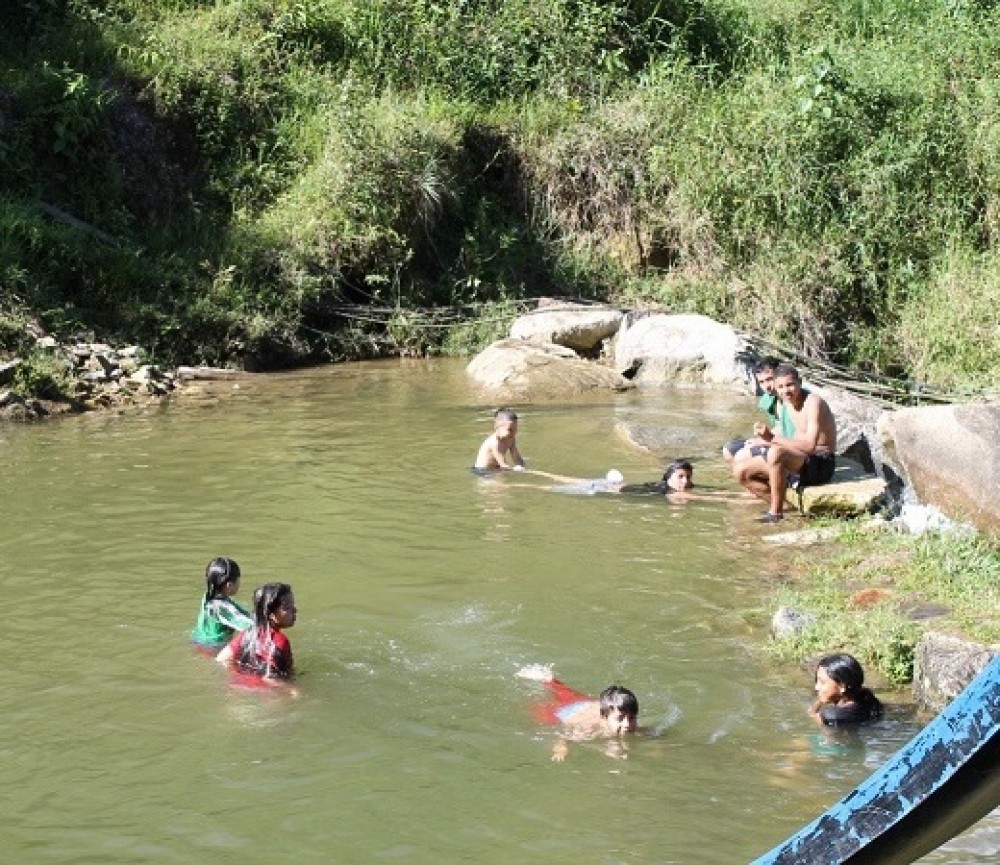Investigation into the delays in issuing title deeds to beneficiaries of housing projects funded by the capital subsidy
The Department of Human Settlements reports that between 1994 and 2009, 2.94-million housing units and serviced sites have either been built or were under construction. By September 2010, 1.44-million of these properties were formally registered on the Deeds Registry. This means that about 50% of subsidy beneficiaries had not yet received formal title for their housing. Moreover, since 2005, the percentage of subsidy properties that have been formally registered per year has plummeted.



